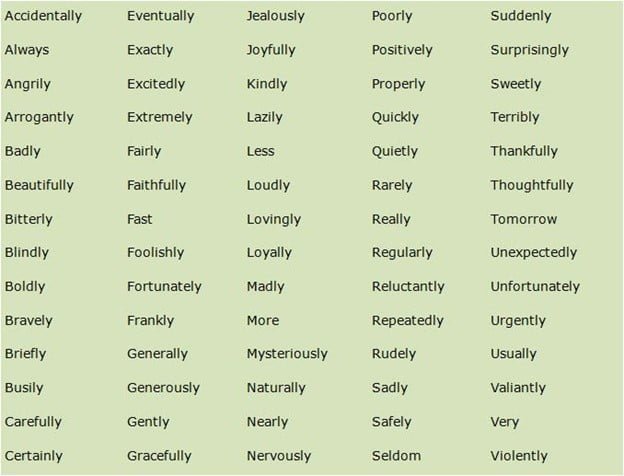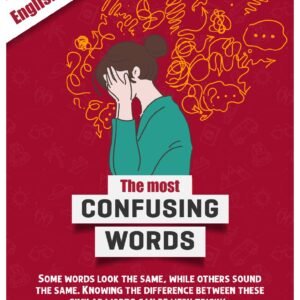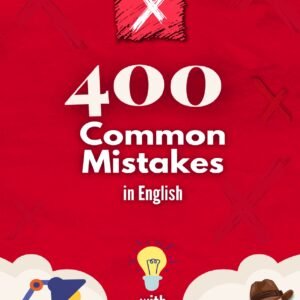Parts of Speech Serie – Adverbs
Adverbs are used to describe or modify:
Verbs
- She walked slowly down the street.
- They sat silently in the hospital waiting room.
Adjectives
- The basketball player had impressively long
- This suit is absurdly expensive.
Other Adverbs
- The president spoke extremely confidently.
- The race car goes incredibly quickly around the turns.
Types of Adverbs
There are various types of adverbs that are used to describe verbs/adjectives/adverbs. These include:
- Time – When?
- yesterday
- today
- later
- earlier
- never
- tomorrow
For example:
- “The email was sent today.” (Adverb = today, Verb = sent)
- “I will go to the dentist tomorrow.” (Adverb = tomorrow, Verb = go)
- Place – Where?
- anywhere
- everywhere
- here
- there
- somewhere
- near
- far
For example:
- “I will meet you there at one o’clock.” (Adverb = there, Verb = meet)
- “In autumn, tree leaves fall off trees everywhere.” (Adverb = everywhere, Verb = fall)
- Manner – How?
- fairly
- gladly
- cleverly
- quietly
- slowly
For example:
- “He quickly ran up the stairs.” (Adverb = quickly, Verb = ran)
- “The team won the game fairly.” (Adverb = fairly, Verb = won)
- Frequency – How often?
- normally
- often
- annually
- momentarily
- every day/week/month/year/hour/minute/second
For example:
- “He often watches” (Adverb = often, Verb = watches)
- “They meet for Christmas every year.” (Adverb = every year, Verb = meet)
- Degree – How much?
- fully
- partially
- altogether
- almost
- completely
- sufficiently
For example:
- “She almost fell into the pool.” (Adverb = almost, Verb = fell)
- “I was completely satisfied with the dinner.” (Adverb = completely, Verb = satisfied)
- Confirmation and Negation – Confirm or Deny?
- no (-)
- hardly (-)
- doubtfully (-)
- definitely (+)
- absolutely (+)
- surely (+)
For example:
- “They will definitely enjoy this restaurant.” (Adverb = definitely, Verb = enjoy)
- “He hardly ever leaves the house.” (Adverb = hardly, Verb = leaves)
- Comment – Used to show opinion, change the tone of the entire sentence.
- fortunately
- happily
- obviously
- understandably
For example:
- “Unfortunately, I won’t be able to make it tonight.”
- “You are obviously under a lot of stress.”
- Conjunction – Used to show the effect of something or show the relation between two clauses.
- however (Yet, on the other hand, in spite of)
- consequently (As a result, resulting in)
- accordingly (Therefore)
- moreover (Besides, in addition)
- conversely (Opposite of, contrary to)
For example:
- “He wants to play baseball; however, his soccer schedule interferes.”
- “The chef cooked the steak too much, and, moreover, it was too salty.”
- “He does not get on well with his manager, consequently his career is stagnant.”
More Examples of Adverbs:

Don’t forget to check the other articles of the Parts of Speech Serie.
Grammar in nutshell
$9.99
Using correct grammar makes listening and reading easier for others...
Rated 5.00 out of 5
Phrasal Verb List
$9.05
Phrasal verbs are important because they are part of the...
Rated 5.00 out of 5
35 Questions to an Interview
$23.00
You will very likely be interviewed many times in your...
Rated 5.00 out of 5
English for Everyone
$9.90
For every single English student that complains about the lack...
Rated 5.00 out of 5









